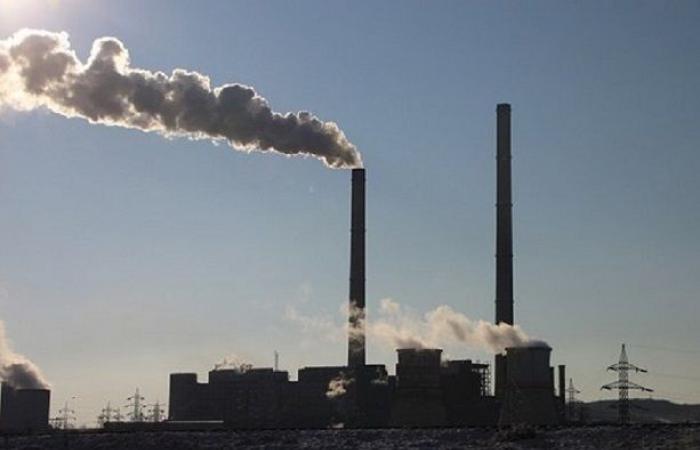“Although it can be improved, the carbon tax remains a key tool for the ecological transition and its adoption is a crucial step for Morocco’s energy development. The success of its implementation requires a fair balance between economic efficiency, social sustainability and competitiveness of companies and must be accompanied by a global and inclusive strategic vision”, indicates BKGR in this publication entitled “Carbon tax: what impacts for the Morocco ? “.
According to the same source, the introduction of a carbon tax in Morocco could come up against certain constraints linked in particular to the high cost of implementation.
“Moroccan industries with high carbon emissions could thus experience increased pressure on their operational costs and further compromise their international competitiveness,” explains BKGR.
At the same time, social support represents a crucial challenge to the extent that public perception of the carbon tax remains complex, in particular for low-income households who would bear increases in energy costs, underlines the pan-African office of global research, estimating that the implementation of information campaigns and compensatory measures, such as tax credits or subsidies, would be essential to generate acceptance and guarantee a fairer transition.
In addition, BKGR recalls that Morocco had adopted an “ambitious” Climate Finance strategy for 2030 which is based on three interconnected pillars, namely “the establishment of an integrated financial market”, “the promotion of investments green through a suitable offer and attractive projects in terms of performance and ecological impact” and “the exploration of financial innovations, such as Fintechs and carbon markets, in order to democratize access to green financing and encourage the adoption of sustainable solutions.
And to continue: “In this wake, the 2025 finance law provides for the introduction of a carbon tax aimed at reducing the State's oil bill by directing the energy mix towards renewable resources, more economical and sustainable. However, its application could be postponed until 2026.”
Based on the “polluter pays” principle, this tax aims to limit CO2 emissions while strengthening public finances, with a contribution estimated at +0.8% of gross domestic product (GDP).
It is also expected to stimulate innovation in the renewable energy sector and encourage more sustainable industrial practices, building on progress made, such as the Noor Ouarzazate project.






